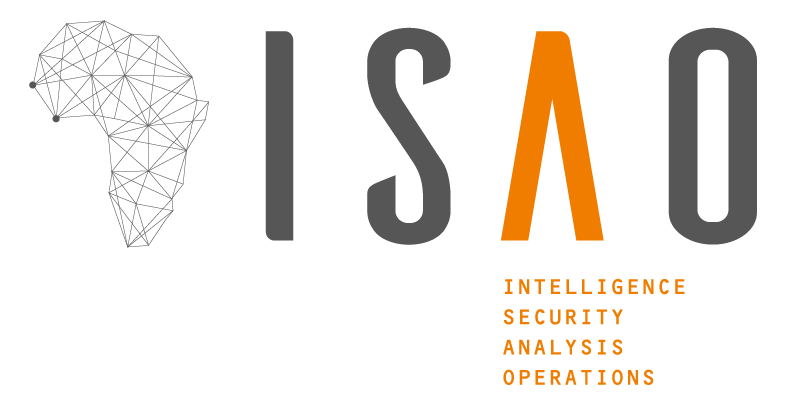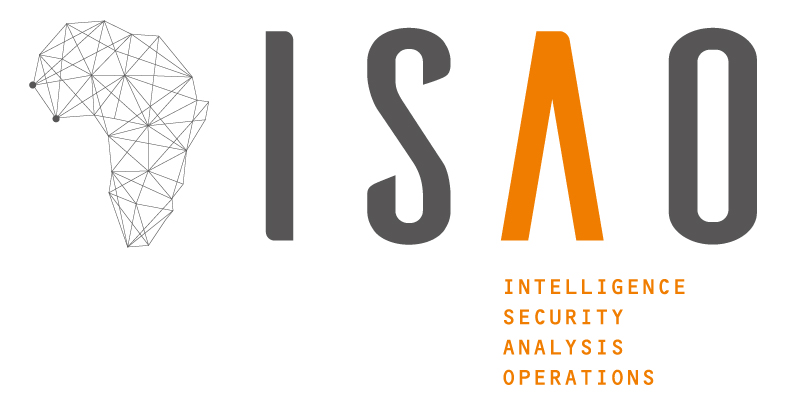While the pace of kidnappings of Westerners or individuals perceived as such had slowed in recent years, it seems that this activity has seen a resurgence since 2024.
The recent kidnappings of a Spanish citizen in Algeria, four Moroccan truck drivers in Burkina Faso, and Austrian national Eva Gretzmacher in Niger could foreshadow a revival of this phenomenon in the Sahelian region.
Used as a tactic of psychological terror and territorial control, kidnapping initially served as a strategy for armed terrorist groups (notably Al-Qaeda in the Islamic Maghreb – AQIM), aiming to fund their operations, buy weapons, and recruit. Between 2003 and 2010, AQIM orchestrated several kidnappings of Western hostages in exchange for colossal ransoms (estimated between 61 and 110 million euros).
At the time, AQIM relied on criminal networks that abducted foreigners and handed them over in exchange for payment. Today, the January 14, 2024, kidnapping of a Spanish national in Algeria appears to be part of an “open call” by the Islamic State, which reportedly offers between 100 and 250 million CFA francs per foreign hostage to anyone who delivers them. These targets, whether expatriates, humanitarian workers, or tourists—especially Europeans—remain prime targets because their abductions attract significant international attention and offer greater prospects for ransom payments.
However, this kidnapping economy also affects West African nationals themselves. In Mali, Burkina Faso, Niger, Nigeria, and Benin, armed groups have carried out kidnappings aimed at punishing administrative authorities (such as administrators, mayors, heads of services, and local law enforcement), traditional leaders (religious leaders, village chiefs, dignitaries), or individuals considered close to authorities (merchants, businessmen).
Beyond the Sahel, the proximity of Gulf of Guinea countries and the security vacuum in border areas with the Sahel expose us all to similar risks.
As the operational zones of these groups expand into the territories of Gulf of Guinea coastal countries where numerous international companies and organizations operate, the risk of kidnappings increases. The borders between Sahelian countries (Mali, Burkina Faso, Niger) and those of the Gulf of Guinea are porous and difficult to monitor. Criminal or terrorist groups are capable of carrying out raids or targeted kidnappings in border areas and even beyond. Northern Benin, Togo, and to some extent Côte d’Ivoire and Ghana are particularly vulnerable to such actions.
Working or traveling in these areas is, therefore, dangerous. Vigilance is absolutely essential. Even though reliance on state-provided security is expected, companies operating in these regions must consider risk mitigation measures and equip themselves with tools to protect their employees from violence, regardless of their nationality. By leveraging expertise in safety and security risk management, these companies should:
- Conduct assessments in areas where their personnel are based or travel to evaluate potential risks and threats.
- Precisely identify high-risk zones and develop a security advice and recommendation manual for their employees.
- Implement measures to enhance the security of their staff (tracking systems, armed guards, strict security protocols).
- Establish communication channels with defense and security forces.
Article co-authored by Hassane KONÉ and Aurore GARNIER.





